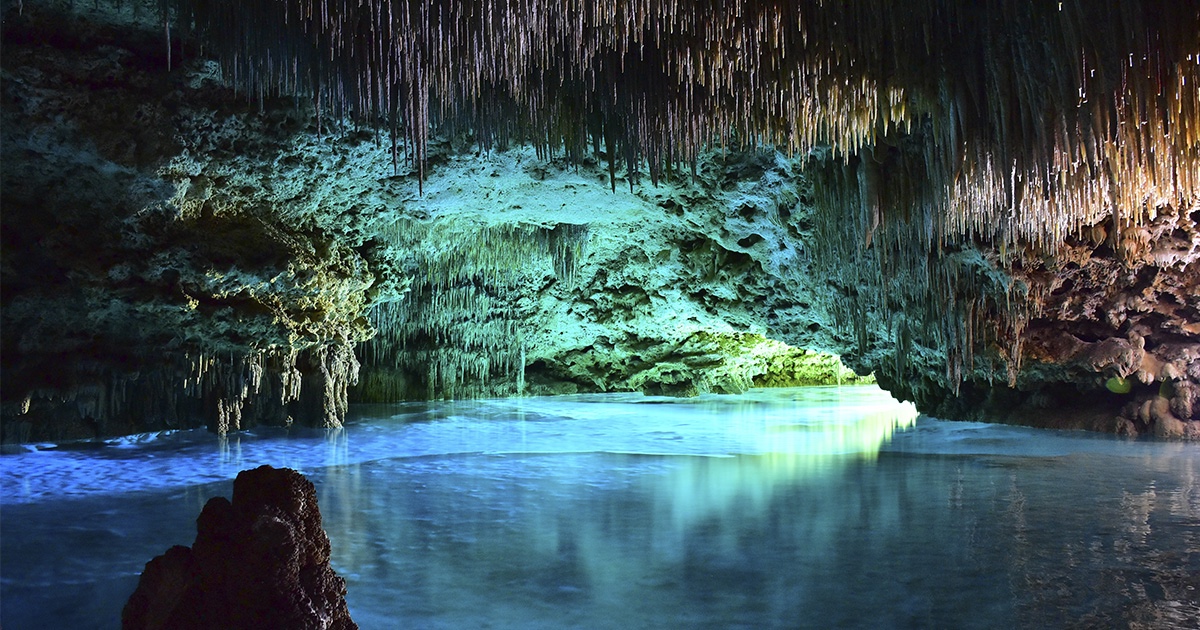The Mexican Caribbean is much more than a paradise of pristine beaches and turquoise waters—it is home to extraordinary ecosystems and cultural sites of global importance. From biosphere reserves to the second-largest reef system in the world, these protected areas offer breathtaking landscapes and a commitment to conservation and sustainability.
Among these treasures is the Sian Ka’an Biosphere Reserve, a UNESCO World Heritage Site since 1987. Spanning over 500,000 hectares of mangroves, tropical forests, lagoons, and coral reefs, its name, meaning “where the sky is born” in Maya, reflects its ethereal beauty. Sian Ka’an is a haven for diverse wildlife, including jaguars and manatees, and boasts ancient canals created by the Maya civilization. Visitors can explore this sanctuary through boat tours, birdwatching and snorkeling, enjoying a unique experience that blends natural wonder and historical significance.
The Mesoamerican Reef System, the second-largest reef system on the planet, is another cornerstone of the region’s natural wealth. Stretching from Mexico to Honduras, the reef includes protected areas such as the National Marine Parks of Cozumel Reefs and Costa Occidental de Isla Mujeres, Punta Cancún, and Punta Nizuc. These reefs are vital habitats for marine biodiversity, housing turtles, sharks and vibrant tropical fish. They are also a magnet for divers and snorkelers who marvel at the kaleidoscope of colors and marine life beneath the surface.
Beneath the ground, the cenotes and cave systems reveal another dimension of wonder. Natural formations like Dos Ojos and Sac Actun are not only visually stunning but culturally significant, regarded by the Maya as sacred portals. These cenotes serve as a vital source of freshwater, harbor unique species, and provide unparalleled opportunities for cave diving and exploration. Their ecological and archaeological significance makes them invaluable to the region and the world.
Conservation is a top priority in the Mexican Caribbean, where sustainable tourism initiatives aim to preserve the region’s natural and cultural heritage. Efforts to protect mangroves, coral reefs and marine species ensure visitors can experience the beauty of the area while minimizing environmental impact. Programs like sea turtle conservation invite tourists to actively participate in protecting these ecosystems, creating meaningful connections with nature.
The Mexican Caribbean invites all to explore these extraordinary landscapes and enjoy unforgettable experiences that celebrate the region’s natural and cultural wealth. By embracing responsible tourism, visitors contribute to ensuring these wonders remain a legacy for generations to come.

